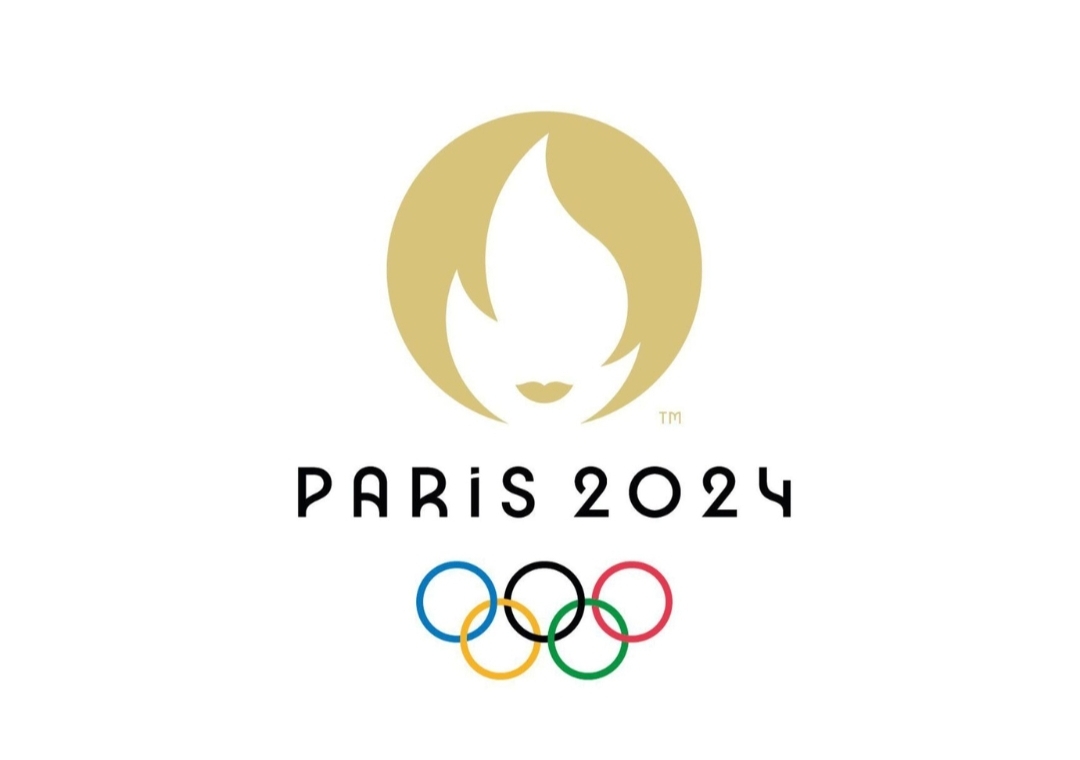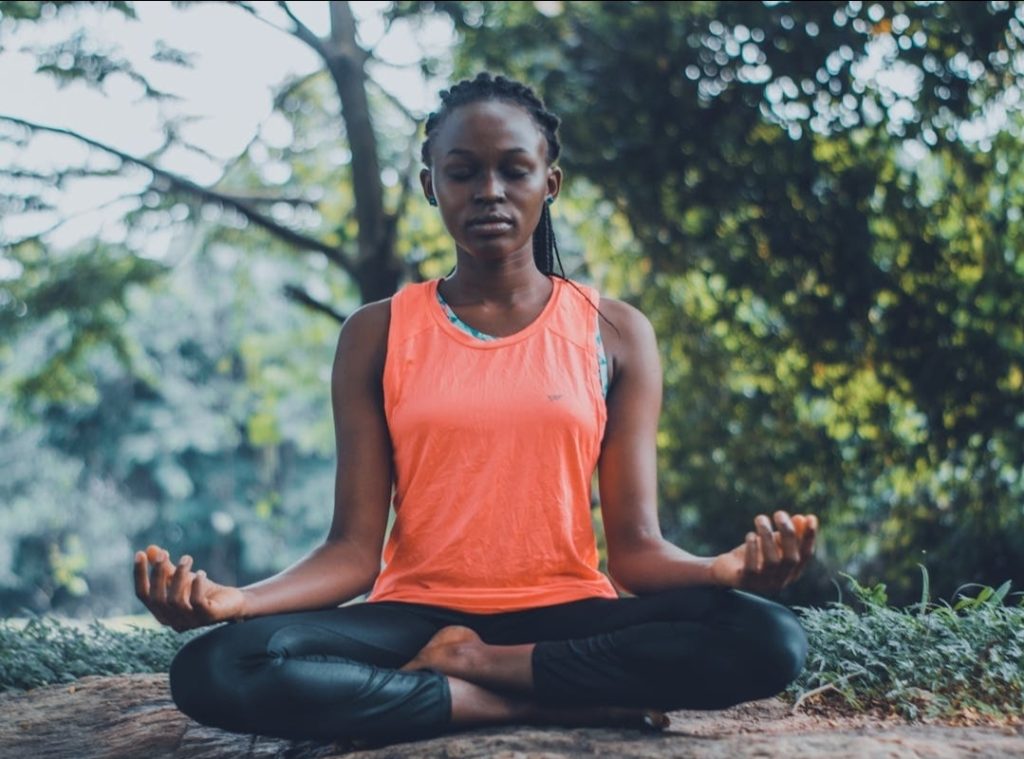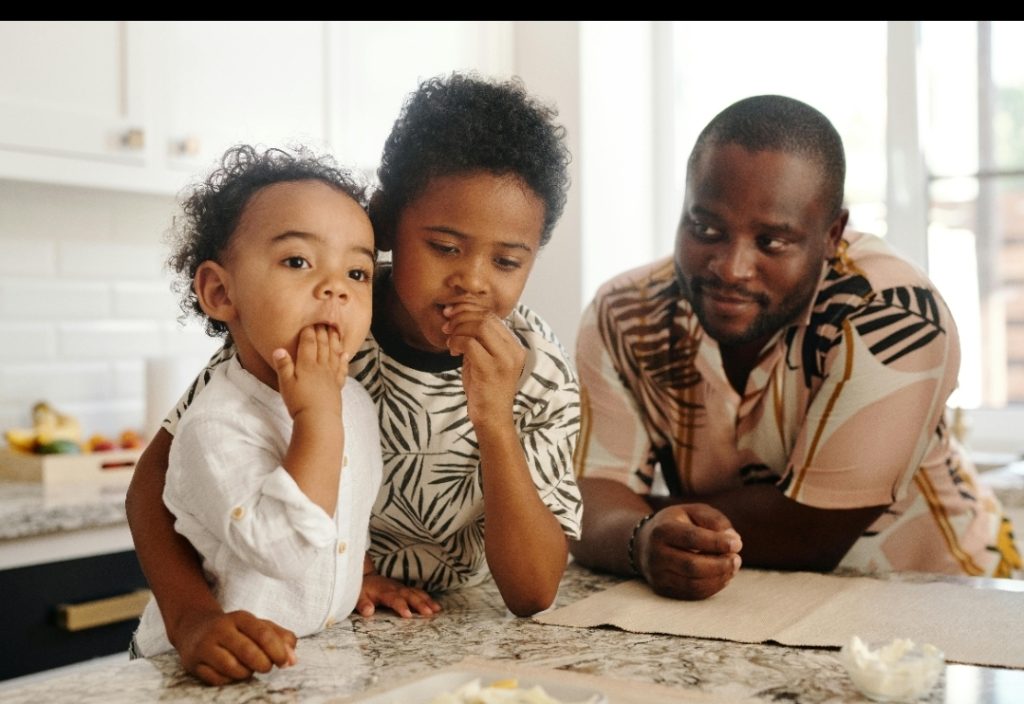The Olympics have always been a significant event in human history. It is an event where excitement and joy are wrapped into one, and we non-Olympians have the opportunity to appreciate and cheer on these seemingly superhuman athletes. It is when countries from all over the world are represented and appreciated, and athletes have the chance to share their talents and passions with competitors they rarely get the chance to meet. Every four years, at least one new sport seems to be introduced (this year the urban dance breaking joined the list of Olympic sports, and male artistic swimming was included for the first time in Olympic history), which is remarkable because people watching at home are exposed to new and interesting sports, but it also expands the playing field for different types of athletes. The Olympics also allow for a greater appreciation for one’s country and for lack of a better word a sense of nationalism (but excluding the ethnocentrism that this ideology can bring).
With all that being said, the Olympics are significant for so many reasons and encompass a period of global joy and celebration; this year’s Olympics offer an additional piece of historic significance. The Olympic Games are returning to Paris on July 26th, after 124 years. The 1900 Paris Olympics made their impact by being the first games to allow female athletes to compete. Since then, female competitors have been steadily increasing every four years, and the variety of Olympic sports that women can compete in has expanded immensely.
But this year is the first Olympic Games that has equal representation of female and male athletes. It took 124 years, but the Olympics will have officially reached gender parity this summer, meaning the ratio of female to male athletes is 50:50. The International Olympic Committee (IOC) has been working diligently to take action against gender inequality in sports. A notable way that the IOC has helped pave the way for gender equality in the 2024 Olympics is through the schedule of competitions. When creating the Olympic schedule, the IOC did a meaningful job of spacing out the events of female and male competitions, so that viewers and journalists could get easier access to all competitions. With this “gender-balanced schedule,” female athletes will be represented in the media just as much as male athletes.
There are so many talented athletes competing this summer, both male and female. However, the 2024 Olympics are a significant event for women’s equality in sports. Over 5,000 women are competing in this year’s Olympics, and there are many competitors to keep an eye on.
– The Team USA Women’s Rugby is aiming to make history by bringing back the first Olympic medal for their team. Rugby is a predominantly male sport, and though women’s rugby has steadily become more popular, the representation of this sport at the Olympics will continue to trailblaze the way for more female rugby players.
– This will be swimmer Katie Ledecky’s fourth trip to the Olympics, and she will aim to bring back more medals for Team USA. She has a total of ten medals (seven gold and three silver), and it will be a thrill to watch her add more to her collection.
– The 20-year-old singles tennis player, Coco Gauff will make her official Olympics debut for Team USA, after missing the Tokyo Games due to contracting Covid-19. Gauff defeated her tennis idol, Venus Williams at the age of 15 years old, and won the 2023 U.S. Open at the age of 19. She is already a successful tennis player but has the potential to win gold this year for Team USA.
– World-famous Olympic gymnast, Simone Biles returns to the mat this summer after taking a break from the sport due to her mental health. In recent years and competitions, she dealt with the twisties, a gymnastic mental block that makes it challenging for gymnasts to perform various tricks and stunts. But after a break from the sport, and getting the help and training she needed, Biles is back and ready to uplift her title as “The Greatest of All Time.”
– In soccer, the famed U.S. Women’s National Team will be shooting to win gold this summer, after coming in third place in Tokyo. The women’s soccer team hasn’t won gold since the 2012 London Olympics, and it is about time that they bring home the gold again.
– From Team USA Women’s Water Polo Team, Ashleigh Johnson is considered the best goalkeeper of all time. She will compete in her third Olympics this summer and help lead the women’s team to their fourth consecutive gold medal and Olympic ranking. Water polo is an intense sport of grit and determination, and watching the best in the world compete will be astonishing.
These are just a few of the empowering female athletes who will be competing in the 2024 Paris Olympics, and every competitor is impressive and trailblazing in their unique way. These athletes are role models to young women and an inspiration to young athletes who don’t know if they have what it takes. These female Olympic athletes found their passion, faced their challenges, and undoubtedly had many fears during the journey of seeing their dreams come true.
“Each of us has a fire in our hearts for something. It’s our goal in life to find it and keep it lit.” Those are the wise words from 1984 Olympic gold medalist and former gymnast, Mary Lou Retton. This powerful insight invites all people (Olympians or not) to consider what it is that lights the fire within us.
For some, that fire is to continue training in that one sport to someday qualify for the Olympic team, but for others it could be simpler, but no less significant. Maybe your fire is to graduate college, start a business, write a novel, or buy a house. Whatever it is, watch these fantastic female athletes keep their fires lit and compete for gold in Paris, and may it empower you to discover your fire and never let it diminish.
Her Nexx Chapter invites you to join our free Community where women from around the world are connecting with each other’s stories, exploring different experiences, and transforming ideas.
The Future of Connection for Women








0 Comments